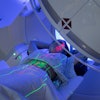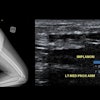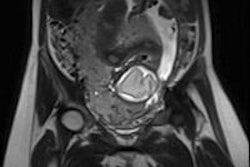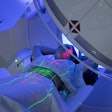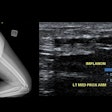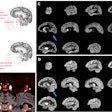There are significant shortfalls in the availability of interventional radiology services in England, according to a new survey published by the U.K.'s National Health Service (NHS) in conjunction with the British Society of Interventional Radiology (BSIR).
The survey, which produced responses from 93 out of the 156 acute trusts in England, found that 44% do not offer round-the-clock interventional radiology services for women with postpartum hemorrhage. Furthermore, one-third did not provide round-the-clock interventional radiology service for trauma victims or for patients with blocked kidneys requiring nephrostomy. The survey also found that while the overall picture has improved slightly, round-the-clock availability of interventional radiology services has actually decreased.
The findings show how far the country still has to go in order to make these life-saving treatments available to patients in all areas and at all times, said Dr. Giles Maskell, president of the Royal College of Radiologists (RCR), in a statement. It's disappointing that there are still such stark differences in the services patients can expect, depending on the time and day on which they present to hospital, he said.
BSIR President Dr. Duncan Ettles noted that NHS England has defined interventional radiology as a core service for acute trusts that should be available 24 hours a day, 365 days a year. All patients with uncontrolled bleeding should have access to interventional radiology services, he said.
Ettles also said while interventional radiologists around the country work extremely hard, there remains a shortage of trained interventional radiology consultants. Other strategies such as networks and collaboration between neighboring hospitals are also being used to close gaps in service provision, he said.

